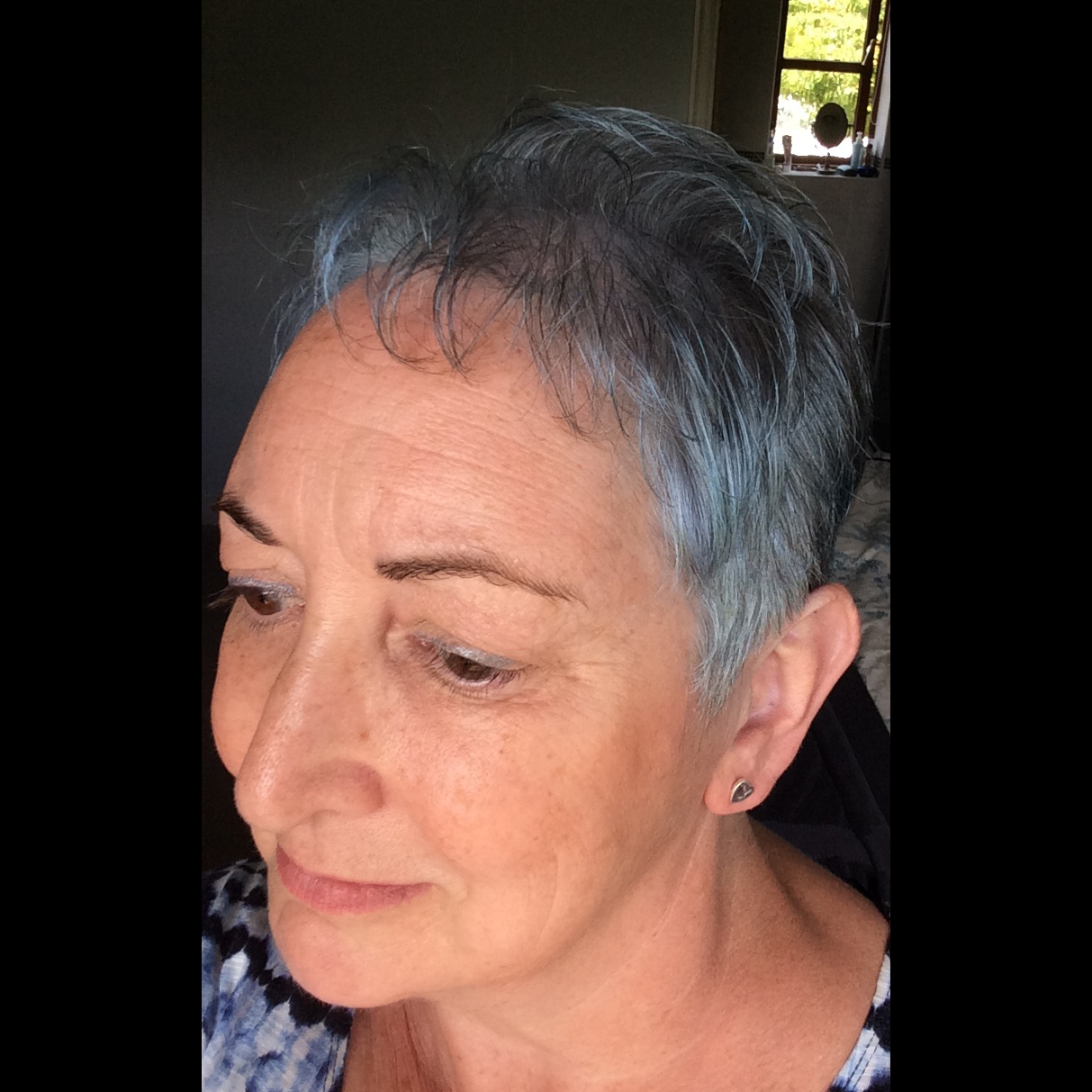Hey there.
It’s been a while. It’s getting very close to performance time for the excerpt of my short play
In case you’re jumping straight in here for the first time, I wrote a previous piece describing the Mainspring Arts play writing programme where I won a place and how the programme was designed and delivered in a way accessible to neurodivergent people.
So, what happened next?
We were each assigned a deadline by which to have our first draft ready, and a play writing mentor. Mine was Nicola Werenowska who wrote Silence, a play exploring the intergenerational effects of World War II experiences on Polish people and their families. She is dyspraxic and so part of our neurodivergent family. She also delivered one of the workshops on the programme, looking at the use of monologue in a play.
I sent Nicky the first draft of my play and we arranged to have a feedback discussion via Skype. I was a bit nervous about using Skype for a few reasons. Firstly, I have auditory processing issues so I was worried that she might ask me questions and I’d struggle to answer them because I hadn’t taken in her question properly. I needn’t have worried. The focus was on Nicky providing me her feedback, so all I had to do was listen and scribble. So long as I can write, I can take in information.
I also find the video aspect of Skype a bit distracting. I keep seeing my own face and find myself watching to check that I’m showing more than ‘resting bitch face’, that there are some appropriate emotions showing there. There usually aren’t but on this occasion, I was too busy scribbling to worry about it.
The other scary bit about Skype is that it’s all so immediate. I find there’s no time to think what my answer should be, same as phone calls. The video does let you see people’s facial expression and so their responses, but invariably there’s a timing disconnect between the picture and the sound which all adds to the confusion.
Once I got over the fear of the format and was happily scribbling, the feedback was invaluable. Nicky put into words all the half-sensed issues I had with the play but couldn’t put my finger on. Writing is such a closed-in process and just because something makes sense in your head doesn’t mean it does to others, especially when neurodivergent thinking is thrown into the mix. She gave me several options to consider which had the effect of opening it out and closing it down – these are the different things you could do, go play with them and then choose one.
Nicky gave me lots of little methods to tease out the options, lots of writing around the edges that the reader or audience never get to see but that inform the end result.
The key to the issues with my draft was my tendency to downplay conflict – so many years of masking to avoid it, I guess – and this is where the juice is in any drama. I had to up the level of drama and create a clear antagonist. Who was my main character in conflict with? Where was the edge? The answer was with herself.
I re-wrote the play cutting out a whole host of characters and focusing on two aspects of the one main character, her mind and her body and re-submitted the second draft.
Nicky gave me a second lot of feedback which included more critique on the play and a discussion of ideas to develop the play from a short ten minuteevent to a full forty five minute play suitable for radio, which is my intention. I needed yet more conflict, even more distinction between the voices of the two characters, and to get rid of the teacher-ishtone of the third scene.
The last stage then was to submit the final version back to Mainspring Arts and onto the director. This last part of the process of getting play onto the stageis something I’d never considered and involves discussion and collaboration, and it’s all happening this week.
The mentoring part of the process was invaluable in clarifying what I wanted my play to say and in tightening up my writing. It’s such a solitary occupation that an external perspective is vital. I’ve had that before through the editing process in novel writing. The unexpected bonus was a deepening of my understanding of my autistic processes, too.
Watch out for part three to hear the final story of this adventure in neurodivergent writing.
The excerpts of all the participant’s plays will have a rehearsed read through at next weekend’s Autism Arts Festival in Canterbury.
The event will be livestreamed on their Facebook page 11.45am-1.15pm Saturday 27th April if you’re interested.



